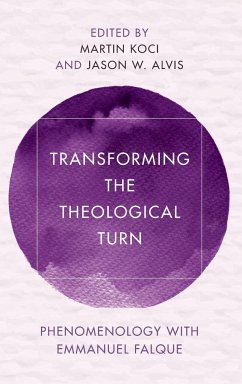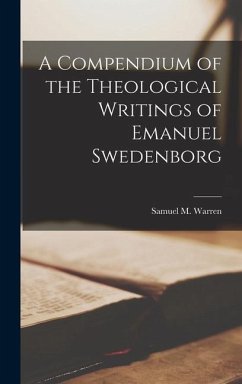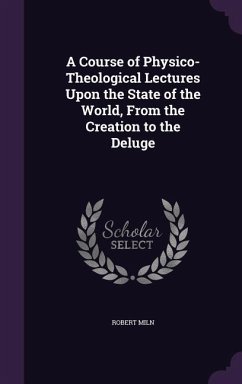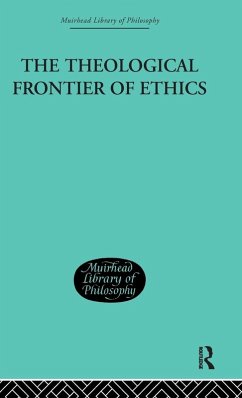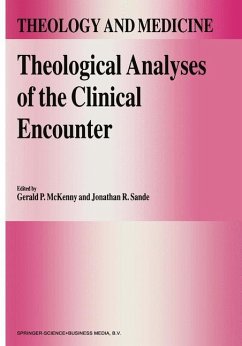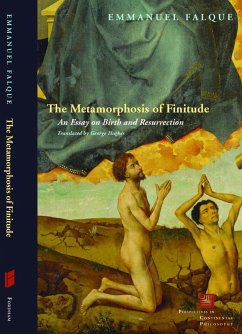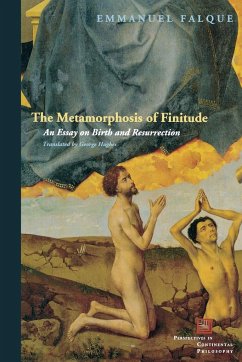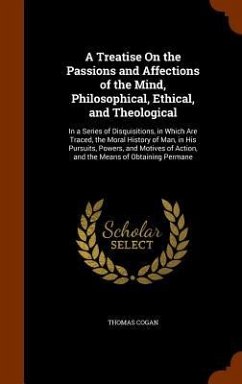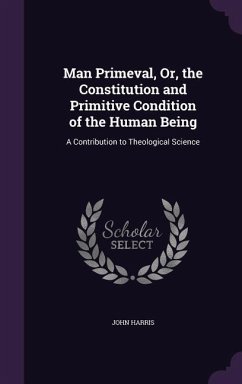
Transforming the Theological Turn
Phenomenology with Emmanuel Falque
Herausgeber: Koci, Martin; Alvis, Jason

PAYBACK Punkte
19 °P sammeln!
Continental philosophers of religion have been engaging with theological issues, concepts and questions for several decades, blurring the borders between the domains of philosophy and theology. Yet when Emmanuel Falque proclaims that both theologians and philosophers need not be afraid of crossing the Rubicon – the point of no return – between these often artificially separated disciplines, he scandalised both camps. Despite the scholarly reservations, the theological turn in French phenomenology has decisively happened. The challenge is now to interpret what this given fact of creative en...
Continental philosophers of religion have been engaging with theological issues, concepts and questions for several decades, blurring the borders between the domains of philosophy and theology. Yet when Emmanuel Falque proclaims that both theologians and philosophers need not be afraid of crossing the Rubicon – the point of no return – between these often artificially separated disciplines, he scandalised both camps. Despite the scholarly reservations, the theological turn in French phenomenology has decisively happened. The challenge is now to interpret what this given fact of creative encounters between philosophy and theology means for these disciplines. In this collection, written by both theologians and philosophers, the question "Must we cross the Rubicon?" is central. However, rather than simply opposing or subscribing to Falque’s position, the individual chapters of this book interrogate and critically reflect on the relationship between theology and philosophy, offering novel perspectives and redrawing the outlines of their borderlands.




